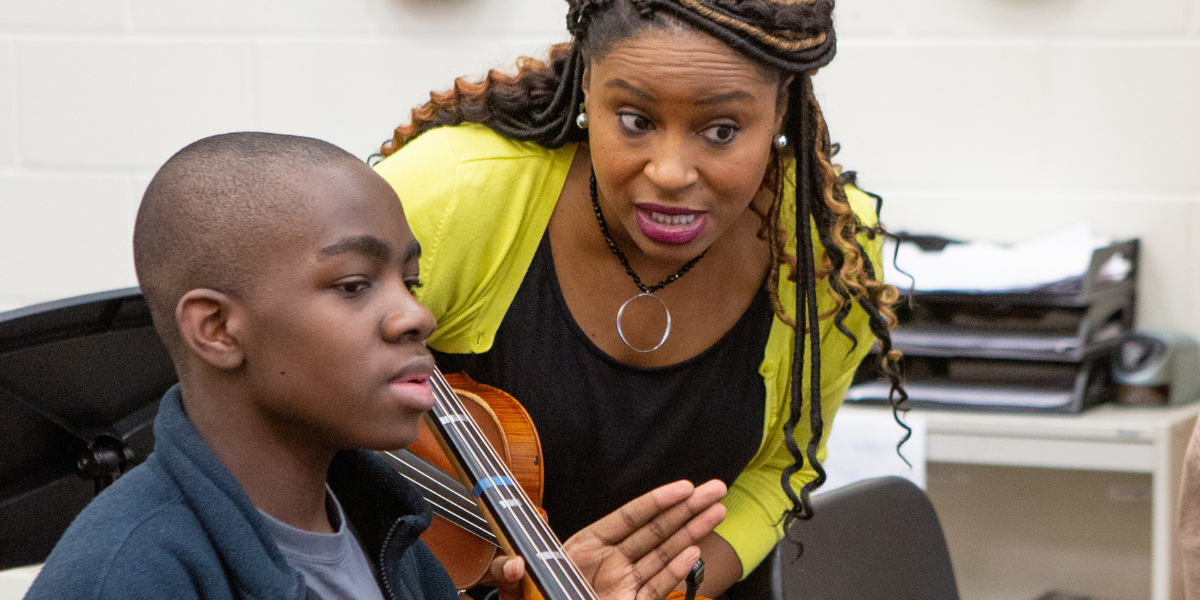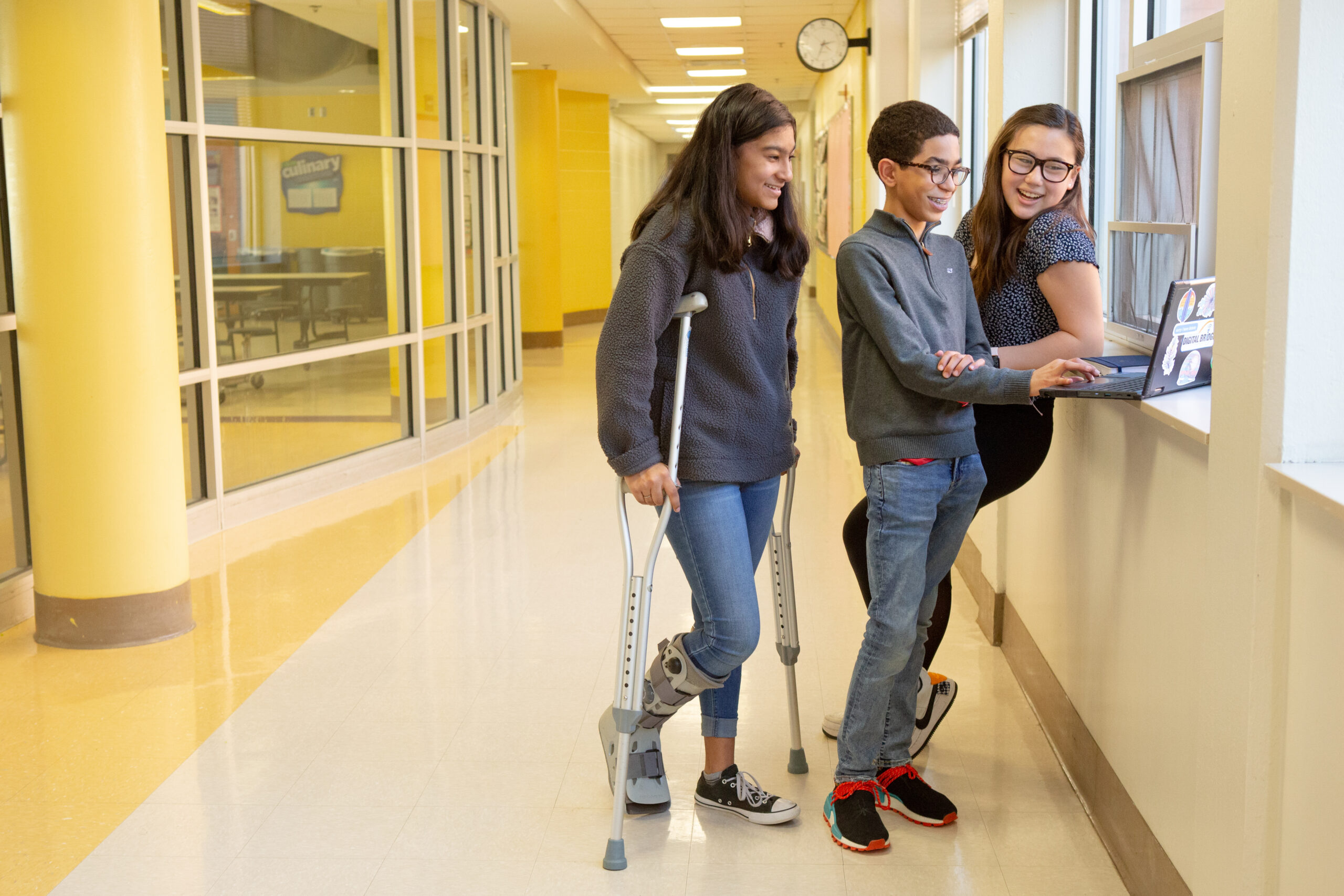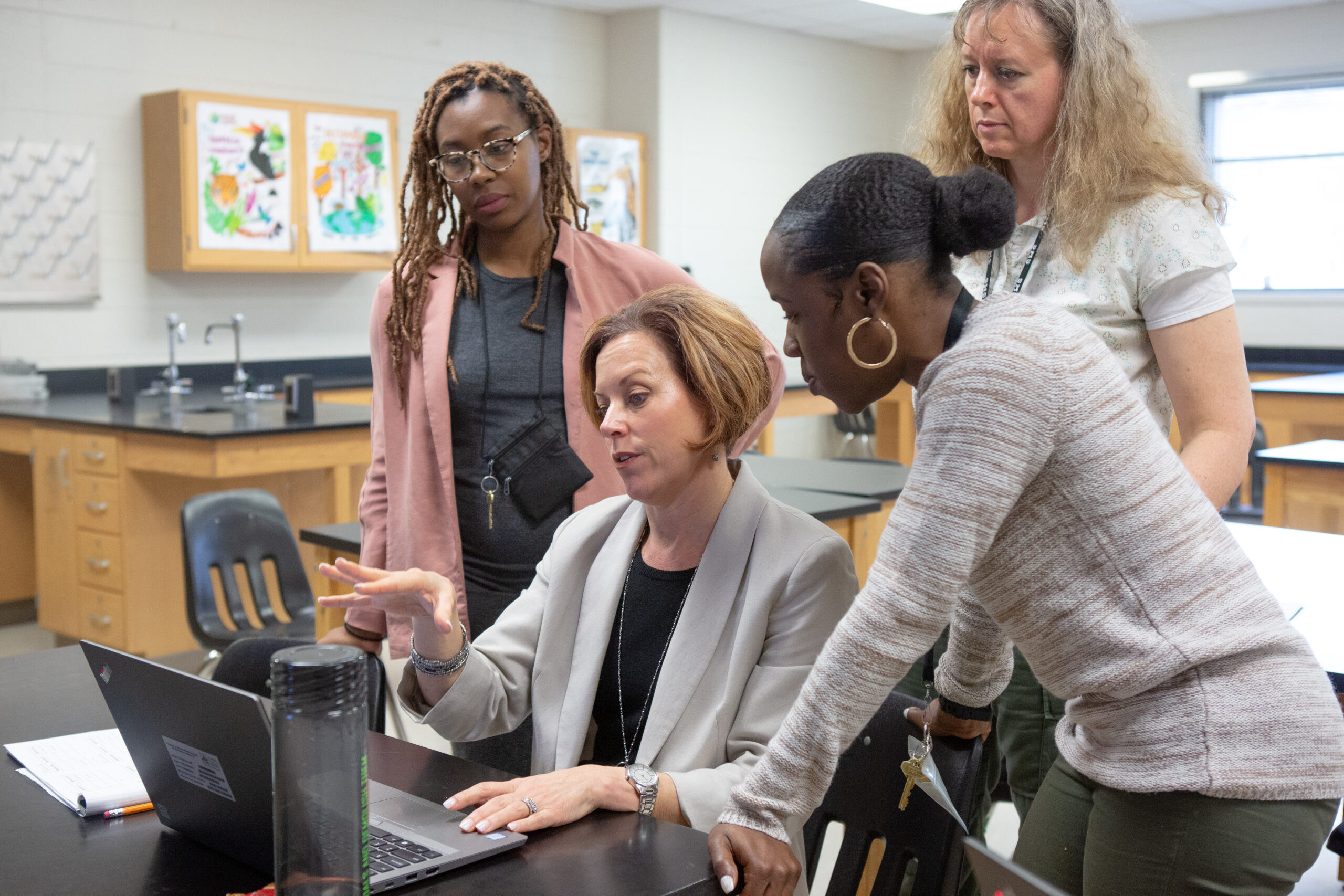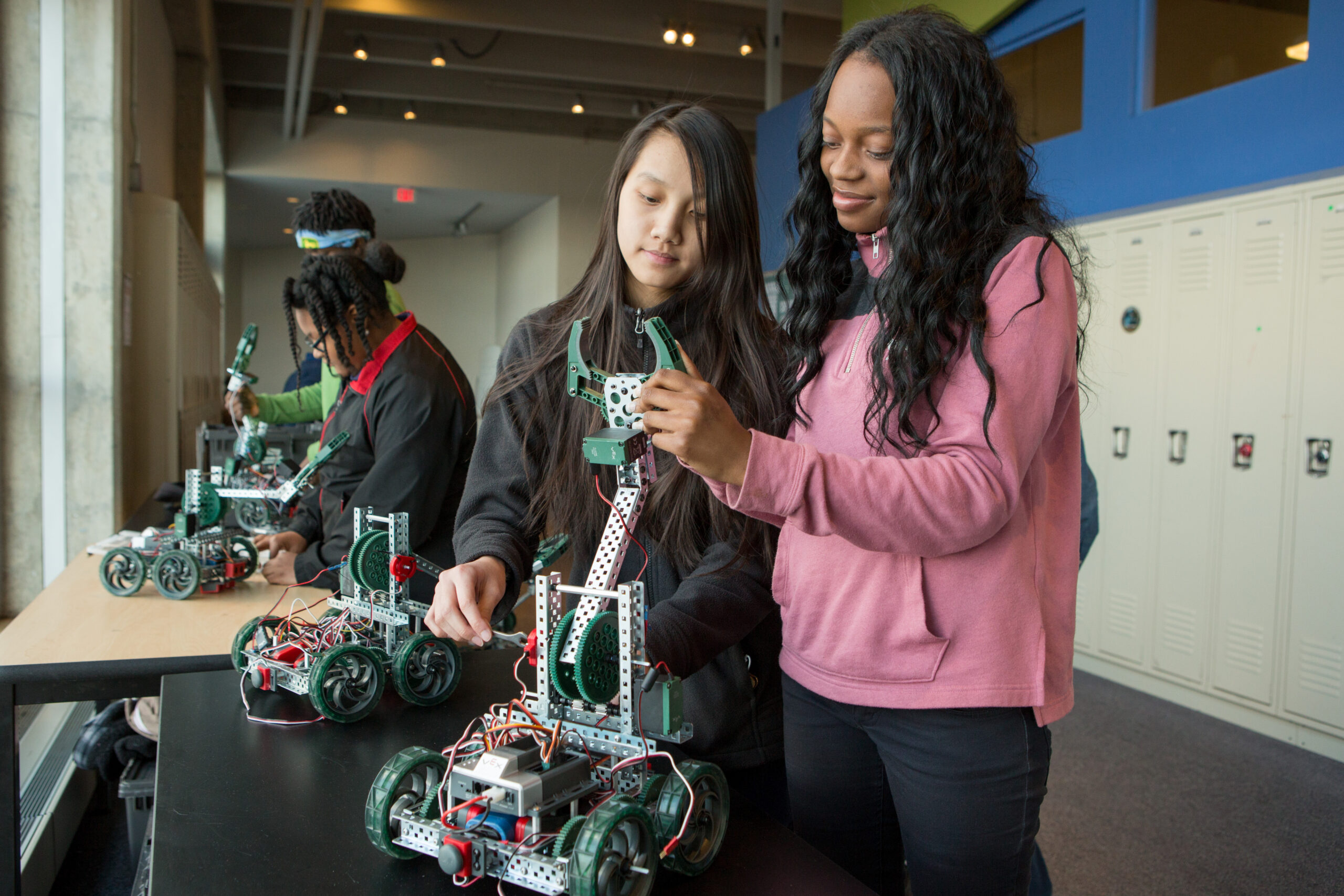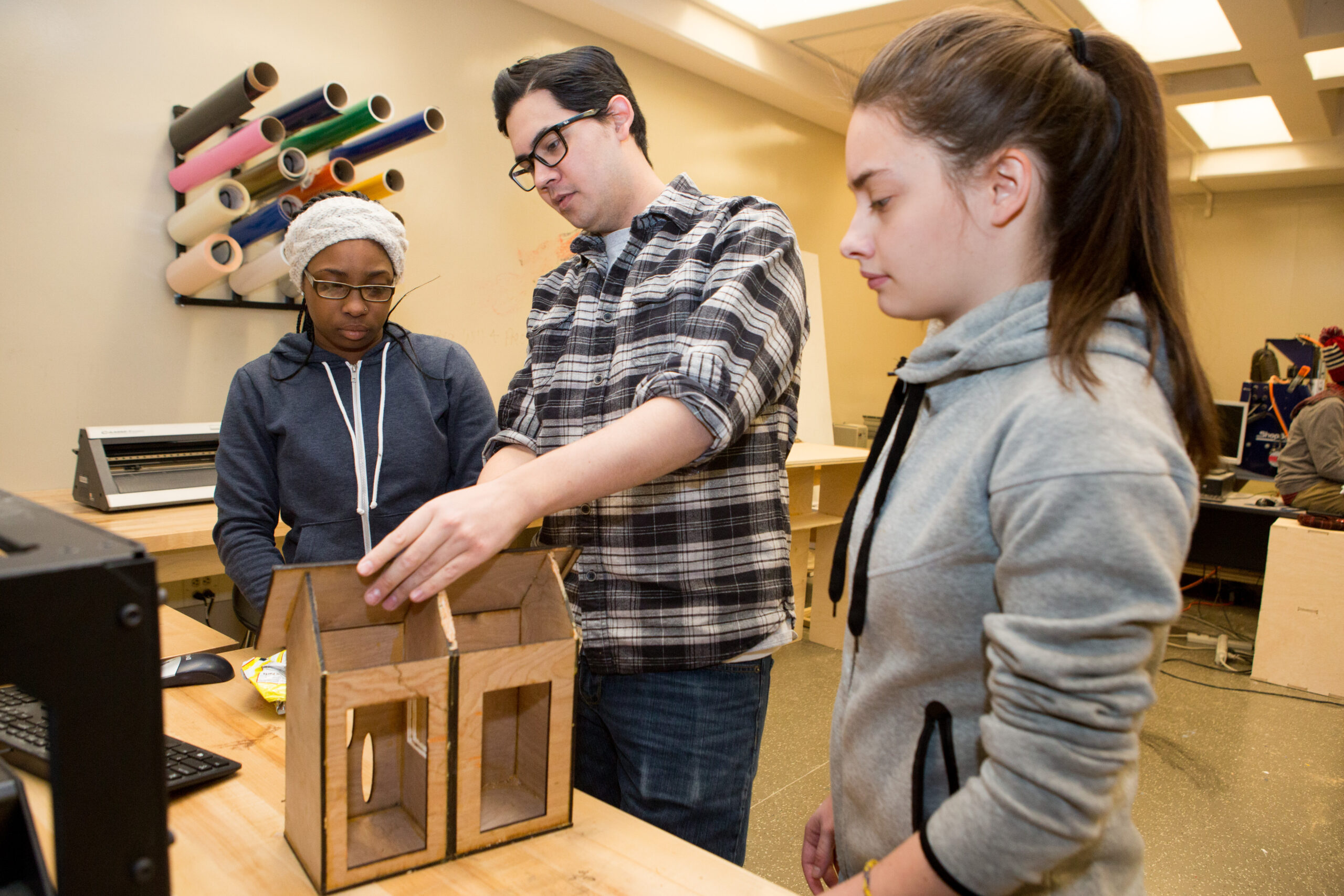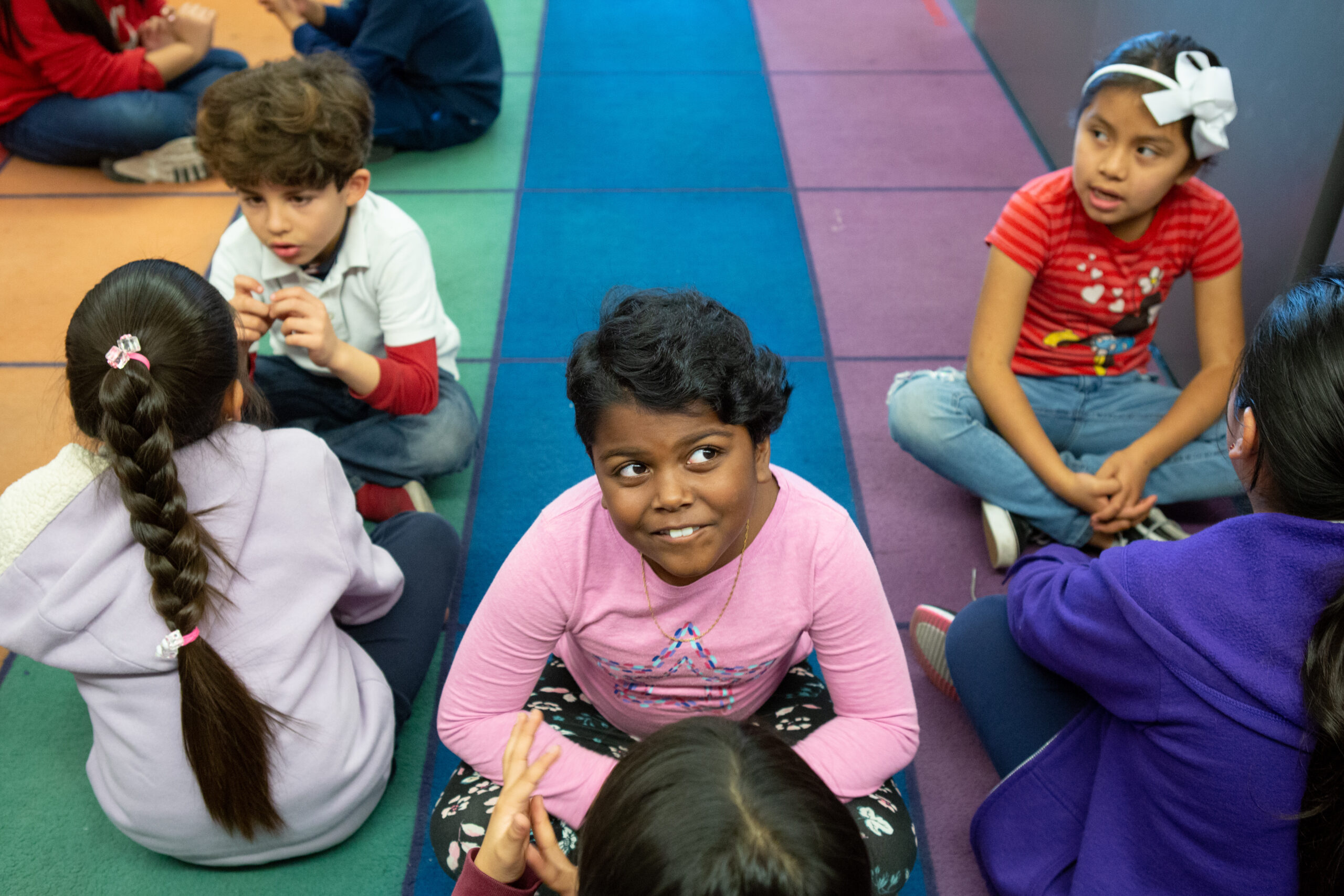Learn More: Wraparound/Integrated Student Supports
What Are Wraparound/Integrated Student Supports?
Wraparound/Integrated student supports site coordinators enable schools to build strong connections and systems with community health, mental health, and social service providers. Coordinators put school climate plans and multi-tiered systems of support into action
Integrated student supports (ISS) has been defined in Child Trends’ reports in collaboration with major providers and researchers as an emerging field of practice that encompasses: “implementation models in which schools secure and deliver coordinated, school‐based supports that target various barriers to student achievement. In general, ISS relies on five essential elements to support service delivery: community partnerships, student support coordination, integration into the school setting, needs assessments, and data tracking.”
In many schools and districts, these supports are delivered through the community school strategy – which addresses the holistic needs of students. Community schools work with families, students, teachers, and community organizations to identify the unmet needs of students and families and develop a plan to leverage community resources to address these needs in the school building, turning schools into community hubs. This strategy brings needed support for students and families into schools, such as through after-school programs, health and social services, and other comprehensive services. They can therefore help ensure that no child’s opportunities are determined by their zip code, family’s income, race/ethnicity, disability status, or other factors.
Technical assistance for wraparound/integrated student supports at PSS is led by Communities in Schools.
See Wraparound/Integrated Student Supports In Action
Learn More! Additional Resources
The following resources provide additional information on the effectiveness of and the evidence-base behind wraparound/integrated student supports.
Why it Works: Wraparound/Integrated Student Supports
The Partnership for Student Success
The Partnership for Student Success focuses on five evidence-based student support roles that can result in gains in reading and math, high school and college graduation rates, reductions in chronic absenteeism, and improved student well-being and mental health.
Integrated Student Supports Return on Investment
Communities in Schools
In May 2012, Communities In Schools released the results of an economic impact study conducted by EMSI, one of the nation’s leading economic modeling firms. The purpose of the study was to quantify the return on investment of Communities In Schools’ 113 high school-serving affiliates in its network to taxpayers, businesses, and students.
Illustrating the Promise of Community Schools: An Assessment of the Impact of the New York City Community Schools Initiative
Johnston, William R., John Engberg, Isaac M. Opper, Lisa Sontag-Padilla, and Lea Xenakis
With the launch of the New York City Community Schools Initiative (NYC-CS) in 2014, the New York City Department of Education (NYCDOE) has increased its focus on the implementation of a holistic strategy of education reform to address the social consequences of poverty as a means to improving student outcomes.

Community Schools and the Science of Learning and Development: What We Are Learning From the Chicago Public Schools Community Schools Initiative
Neil Naftzger, Jill Young, and Dominique Bradley, American Institutes for Research
We know from the science of learning and development that education systems should serve the interests, abilities, and needs of every student and that a set of practice components exist that can be employed to design learning environments that support the achievement of each of these outcomes for young people (Darling-Hammond et al., 2019).
Frequently Asked Questions Using American Rescue Plan Funding to Support Full-Service Community Schools & Related Strategies
U.S. Department of Education
With the passage of the American Rescue Plan (ARP) Act of 2021, and the previous relief
packages, states, districts, and schools have significant federal resources available to implement evidence-based and practitioner-informed strategies to meet the needs of students related to coronavirus disease 2019 (COVID-19).
Making the Grade: A Progress Report and Next Steps for Integrated Student Supports
Kristen Anderson Moore, Hannah Lantos, Rebecca Jones, Ann Schindler, Jonathan Belford, and Vanessa Sacks
In recent years, the education field has
come to recognize the role of schools in
supporting student health, safety, and
well‐being by developing integrated
student support initiatives.
Community Schools: An Evidence-Based Strategy for Equitable School Improvement
Jeannie Oaks, Anna Maier, and Julia Daniel, Learning Policy Institute and National Education Policy Center
This brief examines the research on community schools, with two primary emphases. First, it
explores whether the 2015 federal Every Student Succeeds Act (ESSA) opens the possibility of
investing in well-designed community schools to meet the educational needs of low-achieving
students in high-poverty schools.
Experimental Evidence of the Effects of the Communities In Schools of Chicago Partnership Program on Student Achievement
David Figlio, Communities in Schools Chicago
Like many other organizations with the goal of providing services to children from disadvantaged backgrounds, Communities In Schools (CIS) of Chicago has sought to systematically identify the effects of its partnership program on students’ quantifiable outcomes.
Guiding Principles for Equitable Whole Child Design
The Forum for Youth Investment, Learning Policy Institute, Science of Learning & Development Alliance & Turnaround for Children
The Guiding Principles for Equitable Whole Child Design show how practitioners can integrate a range of structures and practices to maximize learning and development.

Improving Conditions for Learning: Student Success in Every Community
Communities in Schools
One out of every six students drops out of school. The odds say it will be a student of color. It’s the last stop on a journey through an education system that doesn’t protect and support kids living with the weight of poverty and trauma.
Key Drivers for Successful Implementation of Community Schools Initiatives: Early Lessons Learned
Key Drivers for Successful Implementation of Community Schools Initiatives: Early Lessons Learned
Community schools support students, their families, and the broader school community in service of whole child
development and positive family and community outcomes.
Making an Impact? Evaluating the Effectiveness of a Community-Based Model of Student Support
Collin Patrick, McColskey-Leary
Even after significant education turnaround efforts supported by federal and state
agencies, achievement gaps between white students and students of color and students not living
in poverty and students living in poverty persist (McFarland et al., 2018).
Reference to any non-U.S. government organization, event or product does not constitute an endorsement, recommendation or favoring of that organization, event or product and is strictly for the information and convenience of the public.
This website is developed and maintained by the Everyone Graduates Center at Johns Hopkins University for the Partnership for Student Success. It follows the website privacy policy found here. View the website’s accessibility statement here.
As of January 19, 2025, this website no longer represents the National Partnership for Student Success public-private partnership.

